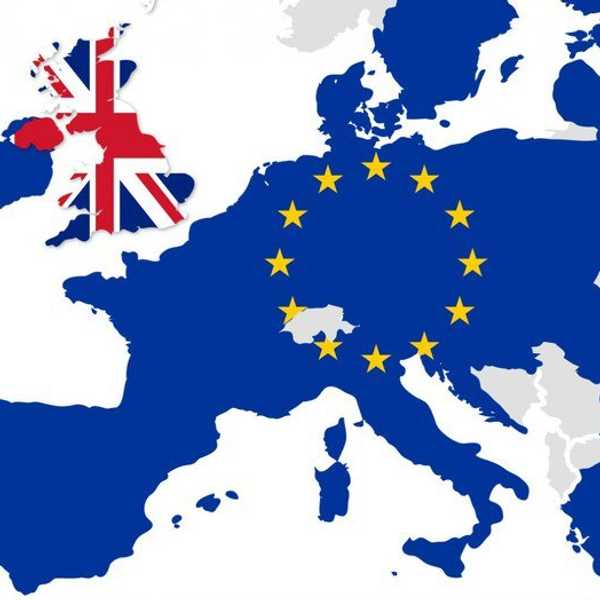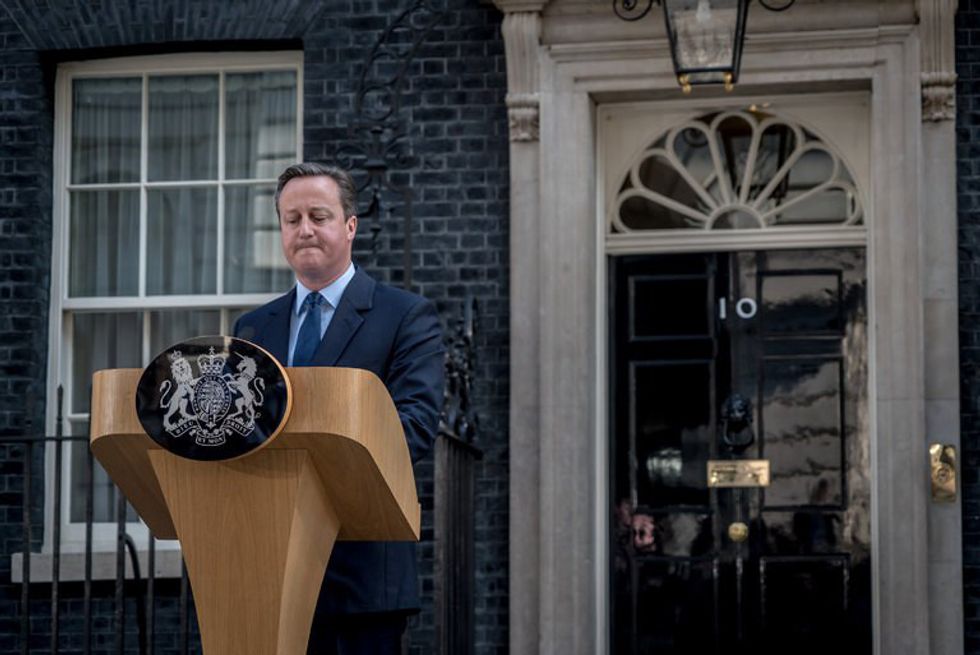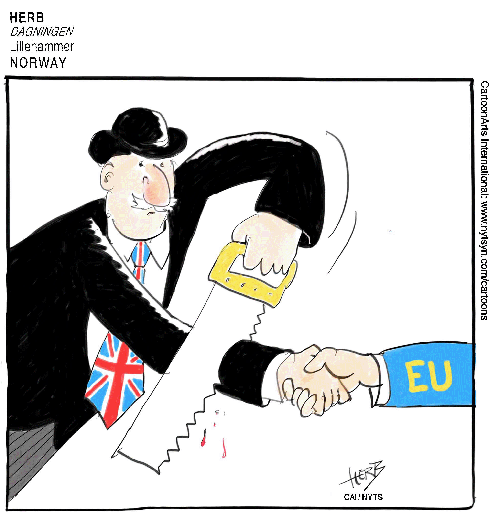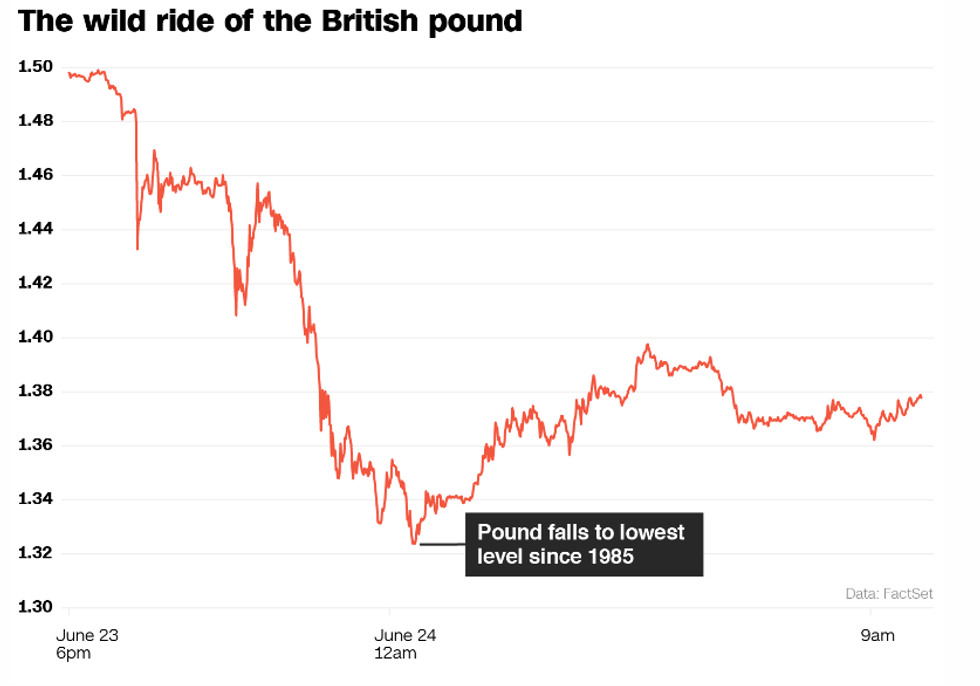On June 23, 2016, Britain voted to leave the European Union in a historic and unprecedented referendum. The shocking aftermath was felt immediately after the move, from stocks crashing indefinitely to the value of the pound dropping to its lowest point in 31 years. This decision affects more than just Britons, however. Here are five things you should know about the effects of the Brexit vote:
1. British Prime Minister David Cameron has announced his resignation. A major advocate of the “Remain” vote in the referendum, Cameron was unsuccessful in persuading Britons to stay with the 27 other countries as a member of the EU. In an emotional statement given the day following the vote, Cameron declared that, “I will do everything I can as Prime Minister to steady the ship over the coming weeks and months, but I do not think it will be right for me to try to be the captain that steers our country to its next destination.” The move is certainly a setback to Britain’s relationship with its fellow European countries, as well as with the United States and its other allies, as Cameron has been a prominent voice in British leadership since being elected as Prime Minister in 2010. The move is also inauspicious to Cameron himself, as his political career will certainly take a toll, and the British Prime Minister vacancy will leave Britain and other countries uncertain about their futures.
2. The UK, not just the EU, is divided. Scotland did not vote with Britain, voting to “Remain” by a vote of 62 percent to 38 percent. The different interests of the two countries has Scotland questioning its membership with the United Kingdom, and it is likely to push for a referendum to vote on its future with the UK. The Brexit vote clearly had more ramifications simply than an exit from the European Union, as its relations within the United Kingdom have become more strained as a result of this vote. This could also lead to a domino effect in which the entire European Union dissolves; Greece has already contemplated exiting the European Union as well, and others countries might soon follow Britain’s lead. The entire future of inter-European foreign relations is up in the air.
3. The pound is crashing. The value of Britain’s currency is at its lowest in decades, and it is in free fall. The Friday after the vote was one of the worst days for stocks around the world in modern history. France’s stock market fell 8 percent, Germany’s nearly 7 percent, and the Dow in the United States dropped 610 points (3.4 percent). Because U.S. companies invest in the UK, a recession in Britain’s economy will hurt the American economy as well. The declining value of the pound will also hurt trade between America and Britain, and send both economies backwards.
4. Donald Trump loves it. The presumptive GOP nominee briefly addressed the Brexit vote while speaking about his golf course in Scotland, saying “it’s a great thing,” and “when the pound goes down, more people are coming to Turnberry, frankly.” Adding, “people want to take their country back, and they want to have independence,” Trump hopes to use the Brexit vote to his advantage in his campaign by comparing it to the United States on issues such as immigration and nationalism. The Brexit is proof that Donald Trump should not be underestimated in the general election, as many viewed a Brexit as implausible not too long ago.
5. Travel to the UK is significantly cheaper. Perhaps the only good thing to come out of Brexit thus far is the declining price in travel to the UK. The falling of the British pound will make travel to Britain much cheaper. Tourism will be encouraged, as the economy needs a way to get up and running again. Americans will likely overtake the French as the largest tourist group in the UK, given strained relationships within Europe and Brexit’s direct effect on economies of those such as France. While the future is filled with uncertainty for Britain, the UK, Europe, and even the United States, now might as good a time as any for a United Kingdom vacation.



























